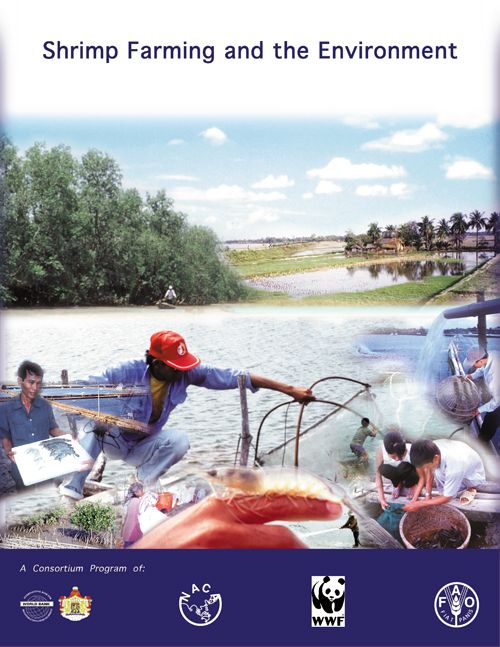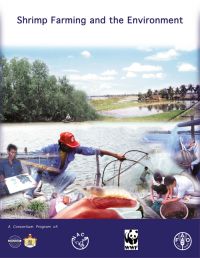Economics of better management practices for semi-intensive shrimp farms in Honduras and shrimp cooperatives in Nicaragua
1 June 2005 | Diego Valderrama and Carole R. Engle | 1043 Downloads | .pdf | 518.4 KB | Better management practices, Livelihoods, gender and social issues, Markets and trade, Nutrition and feeding, Shrimp, Environment and Sustainability, Water quality
The shrimp farming industry in Central America has experienced remarkable growth over the last two decades and has become one of the leading generators of foreign exchange in countries such as Honduras. Along with development, however, has come recent criticism on potential environmental and social externalities associated with this activity. To address these concerns, several stakeholder groups have formulated and recommended the implementation of Better Management Practices (BMPs), which are directed at improving production efficiency and/or ameliorating potential impacts on the environment. In this study, an economic optimisation model with an environmental component was used to evaluate the effects of five specific BMPs on the profitability, optimal selection of management strategies, and net quantities of nutrients discharged by semi-intensive shrimp farms in Honduras and small-scale operations in Honduras and Nicaragua. The BMPs analysed were: 1) reduction of water exchange rates from 10 to 5%; 2) reduction of production levels to meet pre-determined nutrient discharge limits; 3) distribution of feed through feed trays; 4) sedimentation of the last 10% of drainage effluents in excavated basins; and 5) partial recirculation of effluents through a mangrove biofilter. Results indicated that the BMPs targeted at improving production efficiency (reductions in water exchange rates and feed trays) had the largest potential to reduce net discharges of nutrients; in addition, these BMPs increased profit margins of operations. Integrated mangrove-shrimp pond systems represent a novel and promising approach to treatment of effluents, but more research is needed to estimate true removal capabilities of these system as well as cost requirements.
Copyright, all rights reserved.

